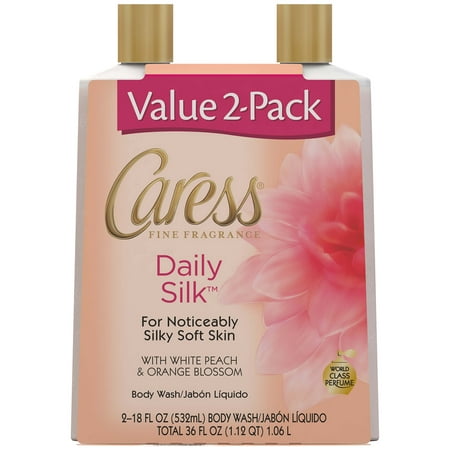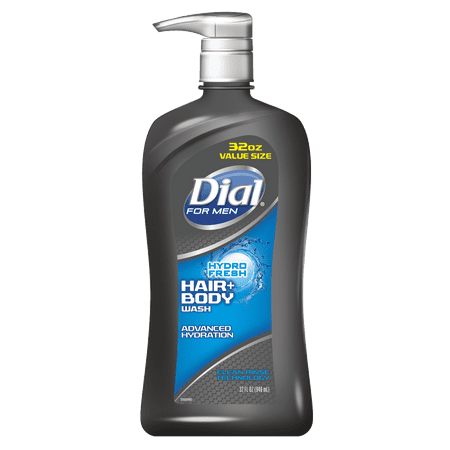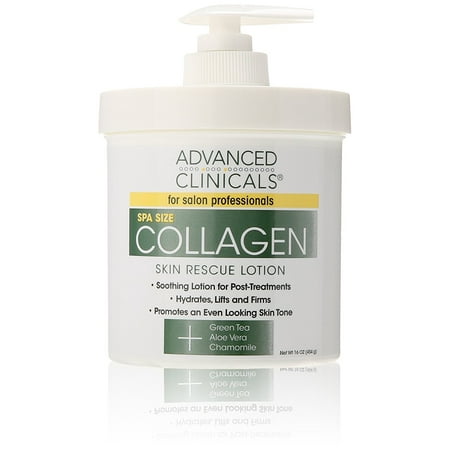Softsoap Exfoliating Body Wash, Blackberry Sugar Scrub, 20 Ounce
Softsoap Exfoliating Body Wash, Blackberry Sugar Scrub, will transform your shower into a spa-like experience. This daily sugar scrub body exfoliator contains blackberry and sugar extracts and has a luxurious fragrance. Its unique formula has a rich, indulgent lather and is gentle enough to use daily while retaining your skin’s natural moisture.





Softsoap Exfoliating Body Wash, Blackberry Sugar Scrub, 20 OunceExfoliating body wash for an effective cleanSugar scrub made with real blackberry juice and sugarRetains skin’s natural moisture to help leave your skin feeling soft and smooth Paraben free body wash and formulated without phthalates pH balanced body wash for your skin Dermatologist tested body wash for women and men Environmentally conscious product made with biodegradable cleaning ingredients Recyclable bottle for eco-friendly disposal





Reviews
There are no reviews yet.